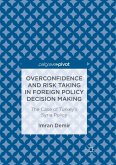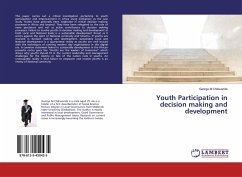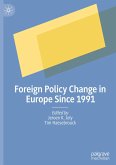Ethiopia's external contact has been managed by crude and idiographic foreign policy and lacked institutional foundation. With Ethiopia gaining international importance, designing dynamic and smart foreign policy is a sine quo none. The problem is, little is known about Ethiopian foreign policy and the way national interest is articulated and aggregated, so it is in recognition of that lacuna that this book takes up the topic national interest articulation and aggregation to explore. To that end, historical, normative, foreign policy analysis, interpretive and empirical scientific approaches are employed. Content analysis, empirical literature review and interview are used as important techniques of data collection. The study has found out that Ethiopian foreign policy is institutional, with the underlying principle of collective leadership regulated by democratic centralism. Institutionally centralized foreign policy is the dominant feature where few individuals are decisive in those institutions.








